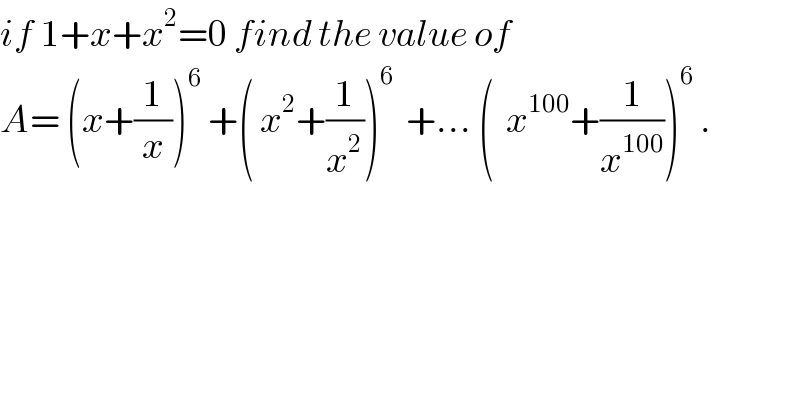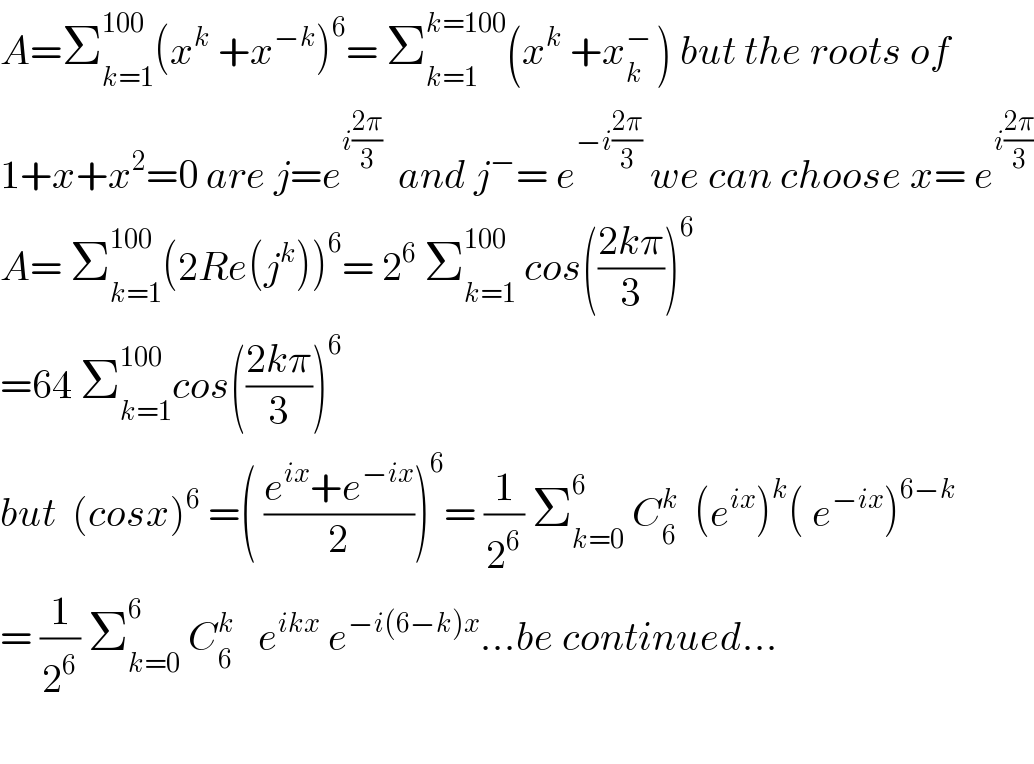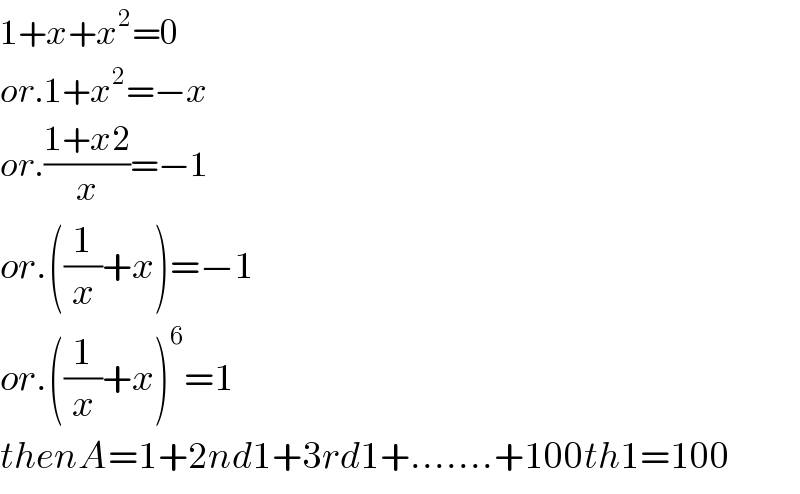
Question and Answers Forum
Question Number 27094 by abdo imad last updated on 02/Jan/18

Commented by AHSoomro last updated on 02/Jan/18

Commented by abdo imad last updated on 08/Jan/18

Answered by bsayani309@gmail.com last updated on 05/Jan/18

| ||
Question and Answers Forum | ||
Question Number 27094 by abdo imad last updated on 02/Jan/18 | ||
 | ||
Commented by AHSoomro last updated on 02/Jan/18 | ||
 | ||
Commented by abdo imad last updated on 08/Jan/18 | ||
 | ||
Answered by bsayani309@gmail.com last updated on 05/Jan/18 | ||
 | ||
| ||